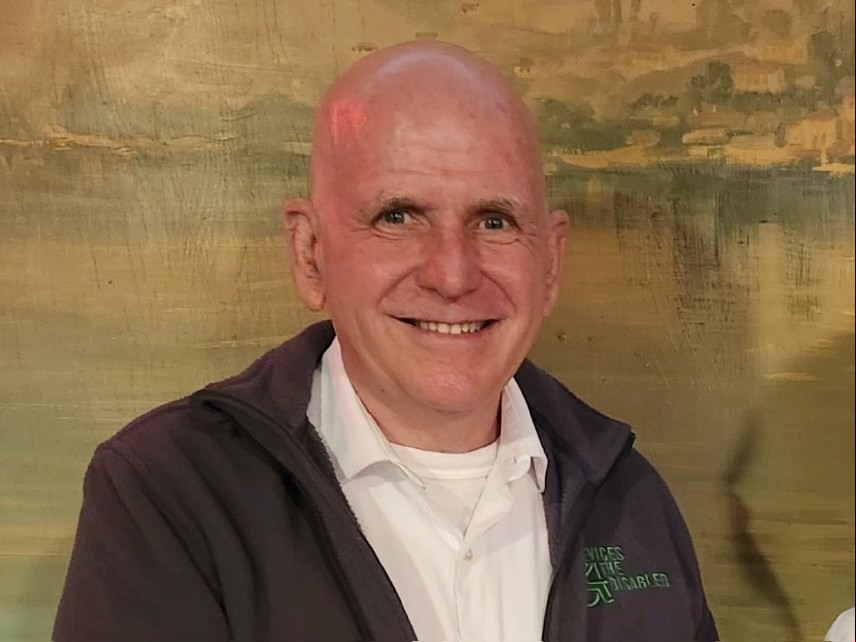Devices 4 the Disabled co-founder reflects on nonprofit’s success
Bob Shea started operations for Devices 4 the Disabled at its first location seven years ago. Today, he continues to provide free durable medical equipment for disabled individuals.
March 3, 2023
Devices 4 the Disabled’s founding director, Bob Shea, said he knows firsthand how much a new wheelchair can change someone’s life.
Too often, people can’t access wheelchairs, he said. That’s why seven years ago, he created D4D to offer durable medical equipment for free.
“We give people their life back,” Shea said.
Devices 4 the Disabled is a Brighton Park-based nonprofit that provides durable medical equipment such as wheelchairs, walkers and hospital beds to people with disabilities in the Chicago area for free, according to Shea. Seven years ago, D4D started operations in its first location, Shea said. Now, it is continuing work and even expanding internationally.
After his seven-month-long recovery from Guillain-Barré syndrome, Shea said he volunteered at Chicago-based hospice organization Rainbow Hospice, where he realized how often DME that could change someone’s life is thrown out.
“There’s all of this medical equipment, and instead of just throwing it out, they could make a legacy,” Shea said.
He said he decided to launch D4D after seeing how important DME was to close friend and co-founder Ed Kane, who has since passed, after his ALS diagnosis.
Pilsen resident Emiliano Rojas, D4D’s general manager, said working for the nonprofit is very rewarding, especially since it’s so close to home.
“I’ve been able to help a lot of people from the community that I live in,” Rojas said. “Being able to give back has been really nice.”
To get donations for the nonprofit, Shea said they asked disabled individuals and their families to donate their DME when they die, similar to how some people donate their organs after their death. People who need DME can request equipment online through D4D’s website.
Shea said this process has a positive impact on the people donating the items, acting as a form of healing. He added that being able to help others through the nonprofit has helped him heal past traumas as well.
“Every patient that comes into our place, every person that gets a wheelchair or a hospital bed, they save me,” Shea said. “They don’t know that they’re my angel.”
Robbie O’Shea, D4D’s director of clinical services, described Shea as “easy to work with” and “genuine.”
“He’s tenacious, too,” O’Shea said. “He goes after a lead, and he’s like, ‘I’m not going to give up,’ and I’m like, ‘OK, you go.’”
O’Shea works with Shea to ensure clients get the equipment best suited for their needs.
Although Shea is proud of the success D4D has seen, he believes anyone can start an initiative like his.
“The only thing different about me is I got a neurological disease,” Shea said. “I’m very ordinary, but this indicates what amazing things an ordinary person is capable of doing.”
Email: [email protected]
Related Stories:
— In Focus: Physical accessibility limits students on Northwestern’s Evanston campus
— Disability justice activists demand more accessible emergency transportation in Chicago area
— Bookends & Beginnings holds a conversation about disability accessibility


